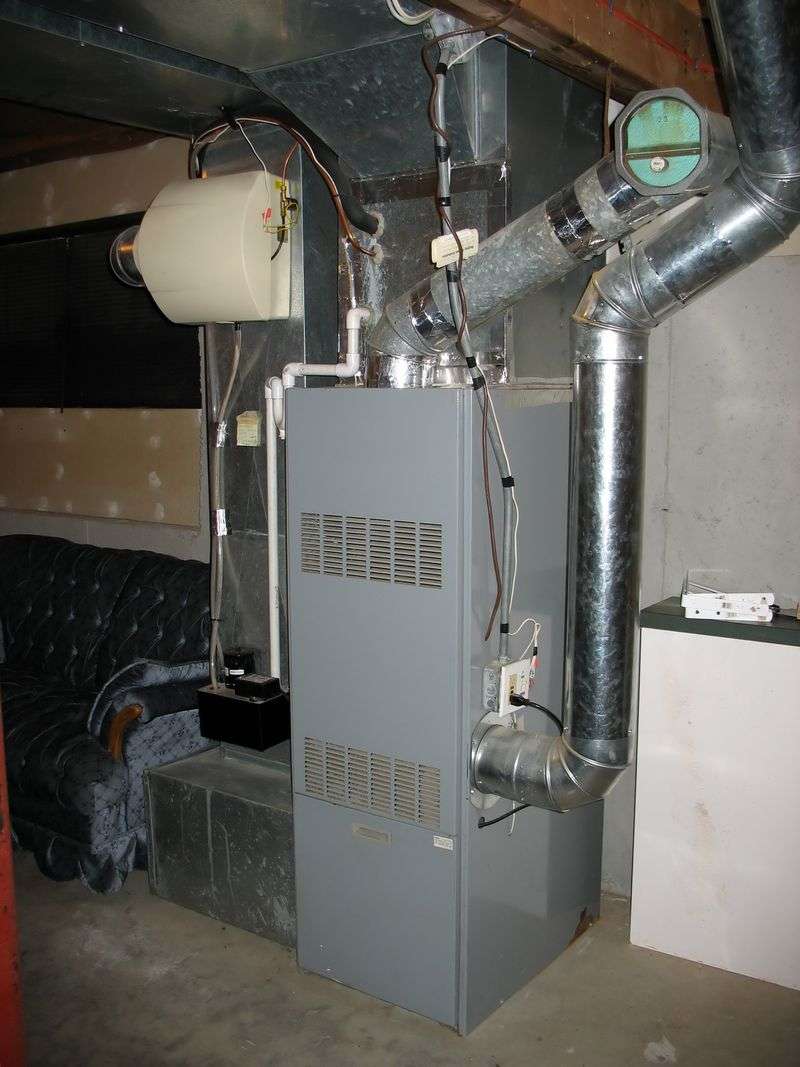Boiler Upkeep and Servicing: Insights from an Certified Professional
As an licensed HVAC specialist, I frequently see boilers in need of repair and care. A well-maintained boiler also heats more effectively but also has an extended lifespan. Let’s look at a guide on boiler repair and maintenance, covering frequent issues, simple troubleshooting, and when to call a licensed HVAC technician.
Boiler Repair Expert
Typical Boiler Issues
Central heating units can have specific problems over extended use. Here are some of the common problems I see in my work as an HVAC technician:
- No Hot Water Production: When your boiler doesn’t provide heat, it may be due to a issue with the thermostat, low pressure, or a faulty valve or diaphragm.
- Strange Noises: Rattling or gurgling sounds from the boiler often indicate trapped air, a accumulation of sludge, or even a worn part.
- Low Pressure: A decrease in system pressure can affect your boiler from functioning properly. Low pressure could be due to a pressure release valve.
- Pilot Light Going Out: Older boilers that have pilot lights may experience issues like extinguishing due to drafts, a worn thermocouple, or a blocked ignition port.
- Temperature Settings Issues: Sometimes, the thermostat needs recalibration, which impacts temperature adjustment.
Simple Boiler Upkeep Advice
Routine upkeep is crucial to ensuring boiler performance at optimal levels. Here are some basic maintenance tips that can help extend the life of your boiler:
- Monitor Boiler Pressure: Your boiler typically maintain 1 to 1.5 bars of pressure. If the pressure drops, use the filling loop to increase the appropriate level. Ensure not to over-pressurize to prevent stress on the unit.
- Bleed the Radiators: Air bubbles in the radiators impede hot water flow. Use a radiator key to release the trapped air, and make sure to re-pressurize if needed.
- Remove Obstructions Around the Boiler: Obstructions can get into the boiler, especially if it’s near clutter. Keeping the area clean helps.
- Clean the Boiler’s Components: Sediment and sludge can accumulate over time, reducing heating power. You may choose to flush the boiler to wash out sludge, which enhances performance.
- Schedule Annual Professional Maintenance: A yearly inspection by a certified HVAC technician is vital for spotting minor issues before they escalate. A certified technician will assess the overall system, fix any wear and tear, and make sure everything is working well.
Boiler Repair Expert in Coopersburg Pennsylvania 18036
When a Pro is Necessary for Boiler Issues
While basic maintenance tasks can be done by residents, certain boiler issues are best left an expert’s help. Here are some situations where calling an HVAC professional is necessary:
- Water Leaks: A boiler dripping water points to a major issue. Leaks can result in safety risks, so it’s safest to get a professional without delay.
- Burner Won’t Ignite: If the pilot light keeps going out, there could be an issue with the thermocouple, gas valve, or ignition system. A professional should handle these parts to ensure safety.
- Unusual Noises: Frequent banging, whistling, or gurgling could suggest a pressure problem. A licensed checkup is necessary.
- Constantly Low Pressure: If your boiler is drops in pressure often, there may be a hidden issue that needs professional diagnosis.
Summary

Routine boiler care is essential for a reliable heating system. Regular checkups and basic upkeep reduce the risk of future issues. For more complex issues, get in touch with a licensed HVAC technician—we specialize in keeping your heating stays reliable all winter long.
Need Boiler Repair Expert in Coopersburg 18036? Trust Lehigh Valley HVAC Pros!






